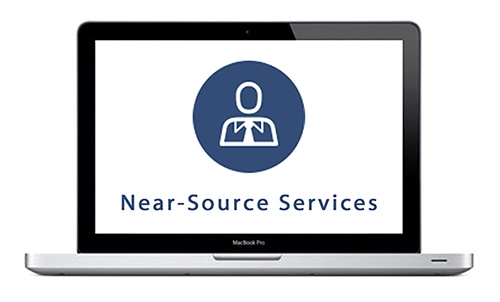Most business owners don’t think of Virtualization when talking about Disaster Recovery (DR). However, virtualization actually serves as an effective disaster recovery plan. Here’s a breakdown for those unfamiliar with how the one can serve as a reliable way of implementing the other.
4 BYOD security risks you should prepare for

Personal computing is with us wherever we go. Thanks to the rise of the mobile industry, smartphones and tablets allow us to take work home with us. And with the bring your own device (BYOD) strategy, businesses have never been so productive. However, BYOD can pose a number of security risks if you’re not careful.
Ways to handle virtualization security risks

Online blogs and forums mostly cover networks and the cloud when it comes to cybersecurity, leaving other types of technology -- particularly virtualization -- overlooked and unsecured. If you don’t have the right defense plans in place, your business will be vulnerable to all types of cyberthreats.
New Spectre-style attack discovered

Security experts are constantly discovering new potential threats, and quite recently, they’ve found a new type of Spectre-style attack more dangerous than the original. Here’s a quick rundown of the new Spectre variant.
Spectre 101
For those who don’t know, Spectre is a vulnerability in modern computer chips like Intel and AMD that allows hackers to steal confidential information stored in an application’s memory, including passwords, instant messages, and emails.
Know the 5 types of virtualization

Virtualization has become the cornerstone for almost all businesses today -- and for good reason. It is the process of creating a virtual version of a physical IT device, enabling businesses to utilize their resources more effectively, while reducing the costs that come with managing and maintaining their infrastructure.
IT security policies your company needs
The benefits of virtualization in 2018
Regularly evaluate your cybersecurity
Industries that need virtual desktops

Apart from the cloud, one of today’s biggest IT trends is virtualization. And why not, it has helped countless businesses in more ways than one. An emerging model of virtualization is virtual desktop infrastructure (VDI), which involves hosting a desktop operating system and making it available on almost any device.






